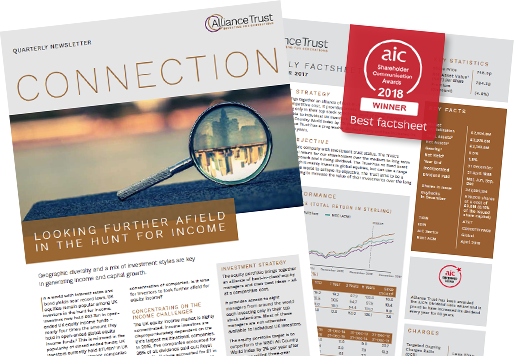About Cookies
We use cookies to help improve your experience when using our website. By using this site you agree that we may store and access cookies on your device. Please refer to our cookie policy for more information on cookies and how to manage them.
Accept Manage PreferencesEssential cookies: these cookies are necessary to provide an online service (i.e. this website) which you have requested. The website will not function properly without them.
Non-essential cookies: these are any cookies that do not fall within the definition of essential. They’re often used to analyse how websites are used or to set preferences.









